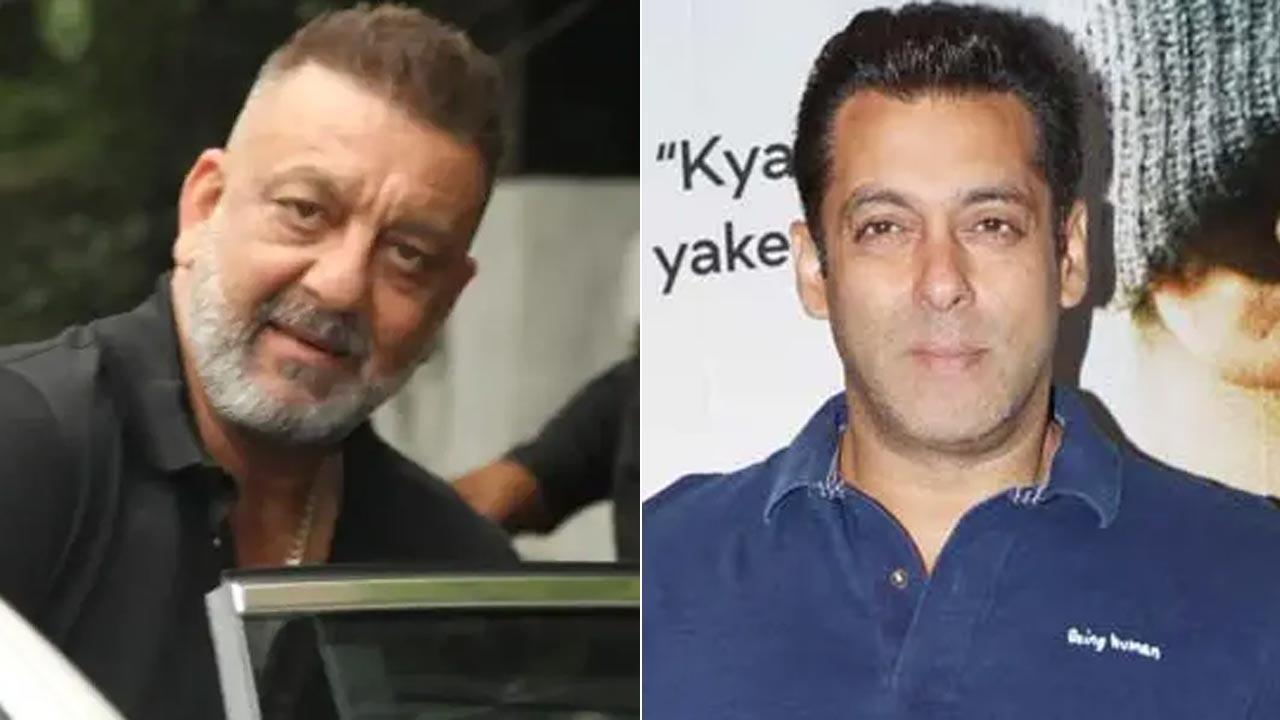
The cornerstone of true joy, according to the seminal work “Flow: The Psychology of Optimal Experience” by Hungarian-American psychologist Mihaly Csíkszentmihályi, is achieving a state of ‘flow’—a deep absorption in activities done purely for their intrinsic enjoyment. Csíkszentmihályi paints a vivid picture where actions spontaneously spring from one another, enveloping the entire being in a process as effortless as jazz improvisation. The concept suggests that happiness burgeons when individuals fully invest their abilities into their endeavors.
It is within this thematic backdrop that a small terrace in Indiranagar, Bengaluru, transforms into a haven for flow state seekers. At this venue, the flow arts group Supervillains.wtf recently hosted an electrifying ‘Kuthu Flow’ event in January, echoing the ethos of Kuthu, a South Indian dance form characterized by its dynamic percussion rhythms.
As the twilight sky basked in a gradient of pinkish-orange to indigo and purple, Saira Riyaz, a co-founder of Supervillains.wtf, initiated the proceedings with a spirited cry: “LET THE KUTHU BEGIN!” Her voice marked the commencement of an exhilarating evening that saw participants ebulliently dance, spin hula hoops, juggle, and engage with a variety of ‘flow toys.’ All were serenaded by the infectious beats of one Kuthu song after another. Initially hesitant newcomers soon found themselves seamlessly woven into the tapestry of festivities, their inhibitions dissolving within the circle of celebration. Performance was ungraded; errors went unnoticed; every effort was met with applause. The majority of attendees were visibly engrossed, a testament to the collective manifestation of the flow state.
“This is what Supervillains is all about,” Riyaz explains, reflecting on a past life she describes as being a “corporate slave.” She details the relentless stress and pressure that the corporate hustle culture engenders, an antithesis to her philosophy of life’s true purpose: joy, dance, and the unsullied pleasures of existence.
Galvanized by this creed, Riyaz, alongside like-minded Amit Goyal, inaugurated Supervillains.wtf—a collective aimed at enhancing physical, mental, and emotional well-being through flow. But the name requires an explanation. “People are usually supposed to be superheroes, putting others before themselves. But we are asking you to put you before anyone else. Hence, ‘Supervillains’,” Aparna Divakar, a member of the group, clarifies with amusement. She also notes, the addendum ‘wtf’ serves a dual purpose—either denoting profanity or an acronym for ‘with the flow,’ depending on the interpreter’s preference.
But Supervillains.wtf isn’t alone in its pursuit of flow in Bengaluru, which hosts a robust contingent of practitioners. Goyal himself was inspired after attending an event by IndieFlow, a flow arts collective established in 2016 by Yacobeh and his partner Sarena Beriwala.
Yacobeh’s own journey began a decade ago, driven by fascination after witnessing a poi performance at a Goa concert. Despite the challenge of self-teaching through online resources, his commitment laid the groundwork for what would become IndieFlow. The group hosts meetups, workshops, events, and even provides flow art props.
The city’s response was lively—during the COVID-19 lockdowns, hula-hooping surged to viral fame. Yacobeh observes, this was no fleeting craze; enthusiasts who began during the lockdowns continue their practice. IndieFlow, he notes, parallels the exponential growth of the flow arts community in Bengaluru, which he reckons to be the largest in India.
Yet despite its popularity, pursuing flow arts as a full-time career path remains a challenge. Nonetheless, practitioners like Supervillains.wtf, IndieFlow, and Eshna Kutty have creatively explored avenues to monetize their passions.
Bengaluru, a cosmopolitan city known for its forward-thinking and relaxed demeanors, provides fertile ground for the quirky, yet therapeutic, art form. “It helps that we are in a city like Bangalore, where people are generally chill and open-minded about things,” Yacobeh adds, crediting Bengaluru’s residents for their willingness to embrace novelty.
At the core of flow arts lies inclusivity and support. Acknowledged practitioners mentor beginners, creating a nurturing environment for discovery and mastery. Through workshops, jam sessions, and open practices, aspirants mingle, sharing techniques, and experiences.
“Flow communities champion self-expression through the art of play, focusing on play for pleasure rather than competition or achievement,” Amit Goyal pinpoints. He speaks of the richly varied tapestry of personalities and backgrounds that come together under the banner of fun: a sentiment he believes the world could do with in greater supply.










